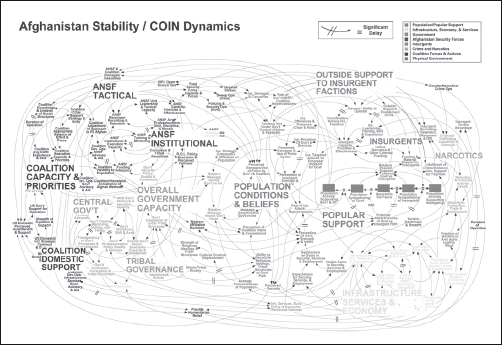
Training in a particular domain of theory or practice, especially when that training is rare among the general population. Like ERUDITION, expertise is vested in an individual. It entitles him/her to dispense an evaluation, opinion, or judgment over and against the objection of a person who lacks comparable credentials. The expert, as the “knower of,” may find his/her inverse in the AMATEUR, or “lover of.” It is characteristic of expertise that the expert has repressed his/her affection for a topic in order to acquire, sharpen, and demonstrate a mastery of it. Whether it is formally contradictory or merely unusual for knowledge and love to conciliate (in the sublunary) remains a contested question. Regardless, this basic immiscibility tends to be strongly marked within professions, which do not foster affectionate or enthusiastic display (see PROFESSION). Hence the comedy of a twelve-year-old who self-identifies as an “expert” in international relations—a puerile boast that occasions suspicion and playful indulgence precisely because the manifest enthusiasm is totally incommensurable with the very notion of expertise. The history of the term predicates expertise on the accumulation of EXPERIENCE. But etymology, in this case, may be misleading. While it is true that experts have considerable experience in their respective areas of expertise (i.e., having spent substantial time in careful study), it is by no means clear that experts acquire their expertise from said experience. Insofar as it implies the “mastery” of a given technique, expertise arguably substitutes for experience in the encounter with an object: it is the capacity to manage—whether that management be taxonomical, historical, manual, etc.—what others find curious or strange.
Universities, firms, and states number among the entities that exist in order to identify, produce, and deploy expertise, which has been particularly important in law since the middle of the nineteenth century. The expert is one who may testify before a court by virtue of his/her unique ability to elucidate the facts of a case. Such an arrangement—having an epistemic advantage upon the accused, the accuser, the jury, and the judge alike—is both powerful and dubious. The courtroom vests the expert with the duty to explain the truth “behind” a set of facts; accordingly, it withdraws the expert from the community of individuals who are entitled to or forgiven for their non-knowledge. It is therefore not surprising that the expert often exhibits symptoms of paranoia characterized by a disavowal of contingency and a conviction that every fact may be (indeed, must be) explained according to (often secret, or concealed) necessity. This predicament may exemplify the tragedy of expertise in general, a regime, as Max Weber suggested, that emerged from the specialization of the educated workforce during the nineteenth and twentieth centuries. It is possible to argue that expertise defines the primary nexus of information and being in modern culture and generates a reflex for the self-surpassing of knowledge in human activity. Perhaps expertise is less the affliction of lone sçavants than it is the paranoia of the post-industrial economy itself.